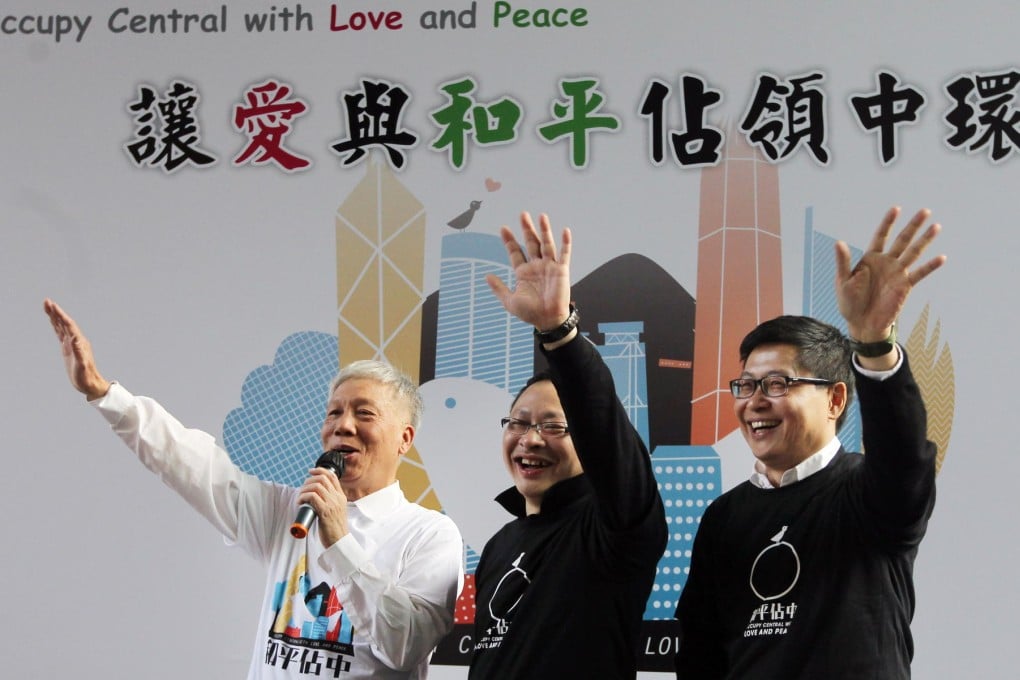Reflections: universities are failing to nurture and inspire true intellectuals

When Hong Kong upgraded its technical colleges to universities in the early '90s, it proved to be a watershed moment on this city's higher education scene.
Before then, Hong Kong had only two universities - the University of Hong Kong and Chinese University - which had enough spots for only about 2 per cent of students. No wonder university was mostly a dream for teenagers. Females, especially, were resigned to factory jobs in their teens. Even the idea of getting a degree was seen by their parents to be pointless, an option best left for boys.
But times have changed. The growth of universities has opened the door for thousands of academically driven students. Annually, about 15,000 first-year degree places are offered by the eight government-funded institutions.
Unlike the past, when a university education was reserved for few, it is now a common aspiration for most young people.
Thousands more head overseas for degrees each year. The growth of associate degree programmes since 2000 has further fuelled the aspiration. The expansion of this sector has been accompanied by a proliferation of professional disciplines, from design, nursing, creative media, hospitality and hotel management to IT. The list goes on.
As much as societies have benefited from professional education, there is a need, however, to question the purpose of university education.
